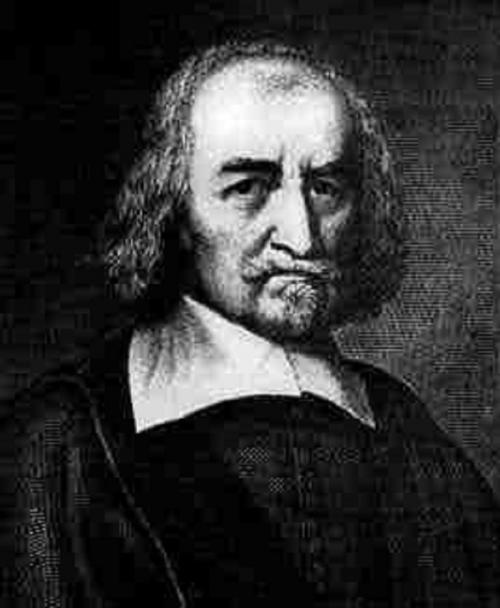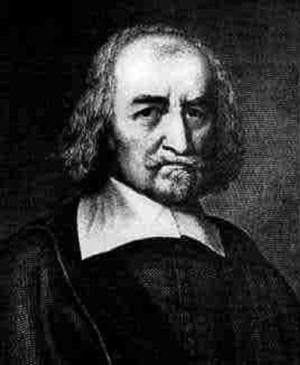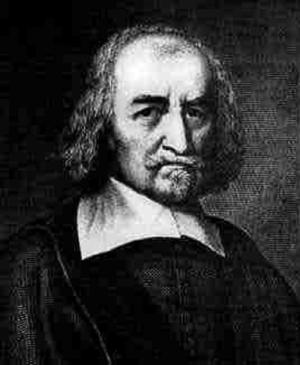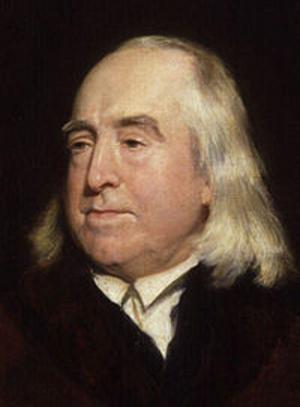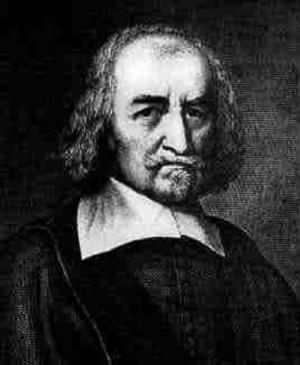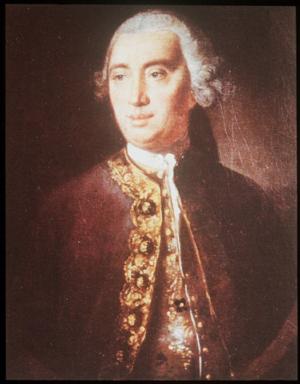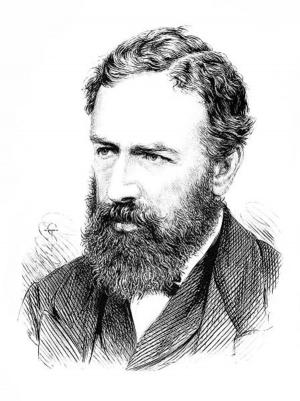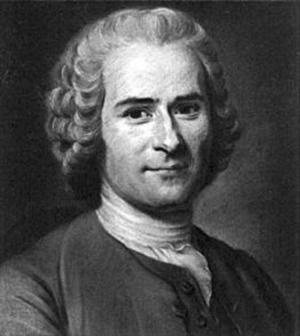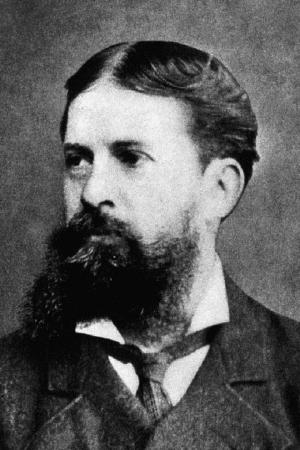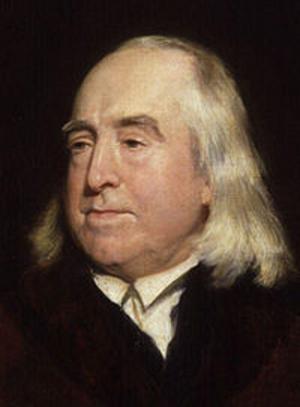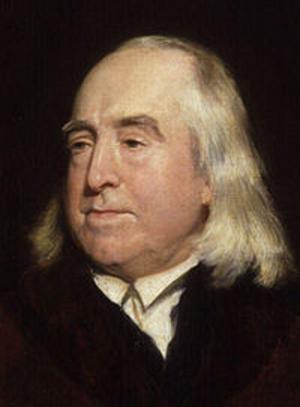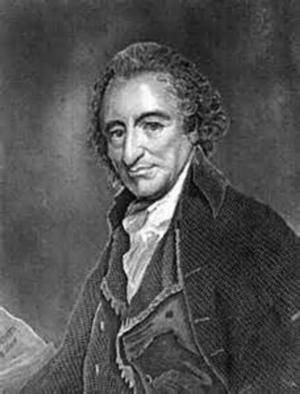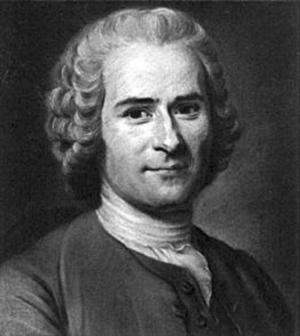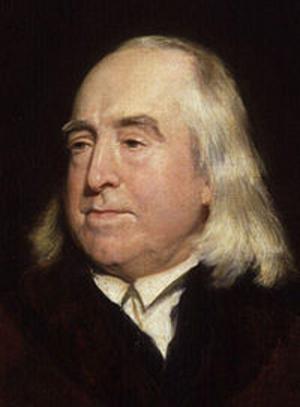Three Papers Presented to the Royal Society Against Dr. Wallis (Illustrated)
Business & Finance, Economics, Macroeconomics, Theory of Economics| Author: | Thomas Hobbes, Timeless Books: Editor | ISBN: | 1230000634762 |
| Publisher: | www.WealthOfNation.com | Publication: | August 27, 2015 |
| Imprint: | Language: | English |
| Author: | Thomas Hobbes, Timeless Books: Editor |
| ISBN: | 1230000634762 |
| Publisher: | www.WealthOfNation.com |
| Publication: | August 27, 2015 |
| Imprint: | |
| Language: | English |
The book has an active table of contents for easy access to each chapter.
Thomas Hobbes is a great English philosopher and one of the founders of the modern system of political philosophy. He is in the row with the greatest thinkers as Isaac Newton, John Locke, Immanuel Kant, Francis Bacon, and Jean Rousseau. Their collected thoughts has had strong influence on building the foundation of the United States and its endeavor of open society.
The Hobbes–Wallis controversy was a debate between the philosopher Thomas Hobbes and the mathematician John Wallis and it lasted from 1650 to 1670. The debate was caused by DE CORPORE, a philosophical work by Hobbes in the general area of physics.
Wallis published ELENCHUS GEOMETRIAE HOBBIANAE in 1655 to argue that Hobbes in DE CORPORE attempted to limit his interest to geometry by restricting the scope of mathematics. In response to Wallis’s criticism, Thomas Hobbes published THREE PAPERS PRESENTED TO THE ROYAL SOCIETY AGAINST DR. WALLIS in 1671. The book is a major and important work by Hobbes and a great treatise on the deepest thought of natural philosophy that is based on natural law.
Thomas Hobbes expressed the last words with a great pride and optimism to our future "A great leap in the dark" in his final moments of life. He is forever remembered as essential enabler, reformer, and contributor for that great leap in the dark. His work has produced great influence on modern political philosophy. His view became widely recognised as the foremost philosophical voice and his influence has been felt in nearly every field of the humanities and social sciences.
This book is one of the most important ones about natural philosophy by Thomas Hobbes, one of the greatest thinkers of modern philosophy on the planet.
The book has an active table of contents for easy access to each chapter.
Thomas Hobbes is a great English philosopher and one of the founders of the modern system of political philosophy. He is in the row with the greatest thinkers as Isaac Newton, John Locke, Immanuel Kant, Francis Bacon, and Jean Rousseau. Their collected thoughts has had strong influence on building the foundation of the United States and its endeavor of open society.
The Hobbes–Wallis controversy was a debate between the philosopher Thomas Hobbes and the mathematician John Wallis and it lasted from 1650 to 1670. The debate was caused by DE CORPORE, a philosophical work by Hobbes in the general area of physics.
Wallis published ELENCHUS GEOMETRIAE HOBBIANAE in 1655 to argue that Hobbes in DE CORPORE attempted to limit his interest to geometry by restricting the scope of mathematics. In response to Wallis’s criticism, Thomas Hobbes published THREE PAPERS PRESENTED TO THE ROYAL SOCIETY AGAINST DR. WALLIS in 1671. The book is a major and important work by Hobbes and a great treatise on the deepest thought of natural philosophy that is based on natural law.
Thomas Hobbes expressed the last words with a great pride and optimism to our future "A great leap in the dark" in his final moments of life. He is forever remembered as essential enabler, reformer, and contributor for that great leap in the dark. His work has produced great influence on modern political philosophy. His view became widely recognised as the foremost philosophical voice and his influence has been felt in nearly every field of the humanities and social sciences.
This book is one of the most important ones about natural philosophy by Thomas Hobbes, one of the greatest thinkers of modern philosophy on the planet.
